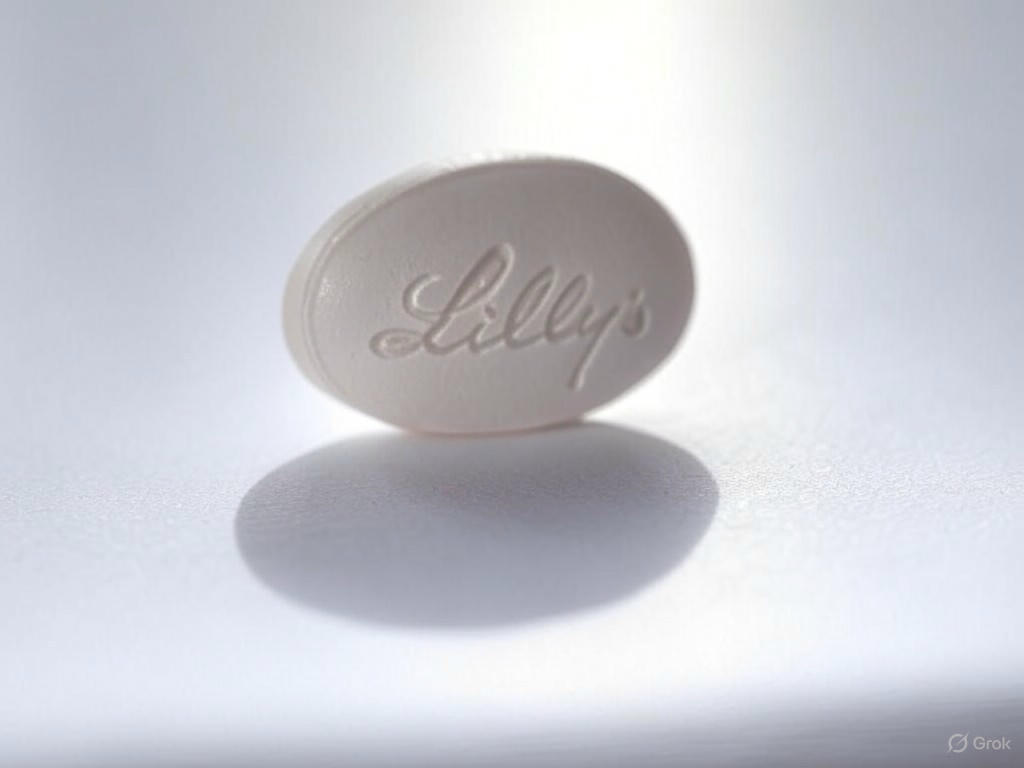Eli Lilly’s New Obesity Pill: A Game-Changer in Weight Loss Treatment
In a groundbreaking stride for medical innovation, Eli Lilly has unveiled promising results from a Phase 3 clinical trial of its new daily obesity pill. This oral medication could potentially rival the effectiveness of well-known injectable treatments like Mounjaro and Ozempic, offering a more convenient option for millions struggling with weight management and related health issues. The trial data suggest that this pill not only aids in significant weight loss but also plays a crucial role in regulating blood sugar levels, marking a potential turning point in the fight against obesity.
The implications of this development are vast, as obesity remains a global health crisis linked to numerous conditions such as diabetes, heart disease, and hypertension. Traditional treatments, including injectable GLP-1 receptor agonists, have shown remarkable results but come with the drawback of requiring regular injections, which can be a barrier for some patients due to discomfort or inconvenience. Eli Lilly’s oral alternative promises to eliminate this hurdle, providing a user-friendly solution that could improve adherence and accessibility. The trial results indicate that the pill matches the safety profile of its injectable counterparts, with side effects being manageable and comparable to existing therapies. This balance of efficacy and ease of use could reshape the landscape of obesity treatment, making it a viable option for a broader demographic.
Beyond patient convenience, the introduction of this pill could have significant economic and societal impacts. With obesity-related healthcare costs soaring worldwide, an effective oral medication might reduce the financial burden on healthcare systems by offering a scalable, less invasive treatment. Pharmaceutical analysts predict that if approved, this drug could capture a substantial share of the booming weight loss market, further solidifying Eli Lilly’s position as a leader in innovative healthcare solutions. Moreover, the success of this trial underscores the potential for oral medications to address other chronic conditions, paving the way for future research and development in this space.
As the medical community and investors eagerly await regulatory approval, questions remain about the long-term effects and real-world application of the pill. While the Phase 3 trial data are encouraging, ongoing studies will be critical to confirm sustained efficacy and safety over extended periods. Patient experiences outside clinical settings will also provide valuable insights into the drug’s practicality and impact on daily life. For now, Eli Lilly’s latest achievement offers a beacon of hope for those seeking effective weight management solutions without the constraints of injectable therapies.
This advancement signals a new era in obesity treatment, where convenience and effectiveness may no longer be mutually exclusive. As the world watches this promising pill move through the final stages of evaluation, there’s a palpable sense of optimism that it could transform lives, helping individuals achieve healthier futures with a simple daily dose. Eli Lilly’s innovation might just be the key to unlocking a more accessible and impactful approach to one of the most pressing health challenges of our time.


